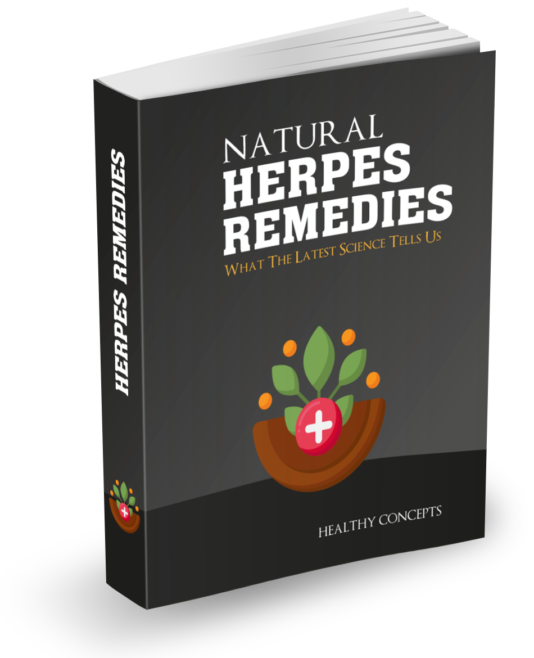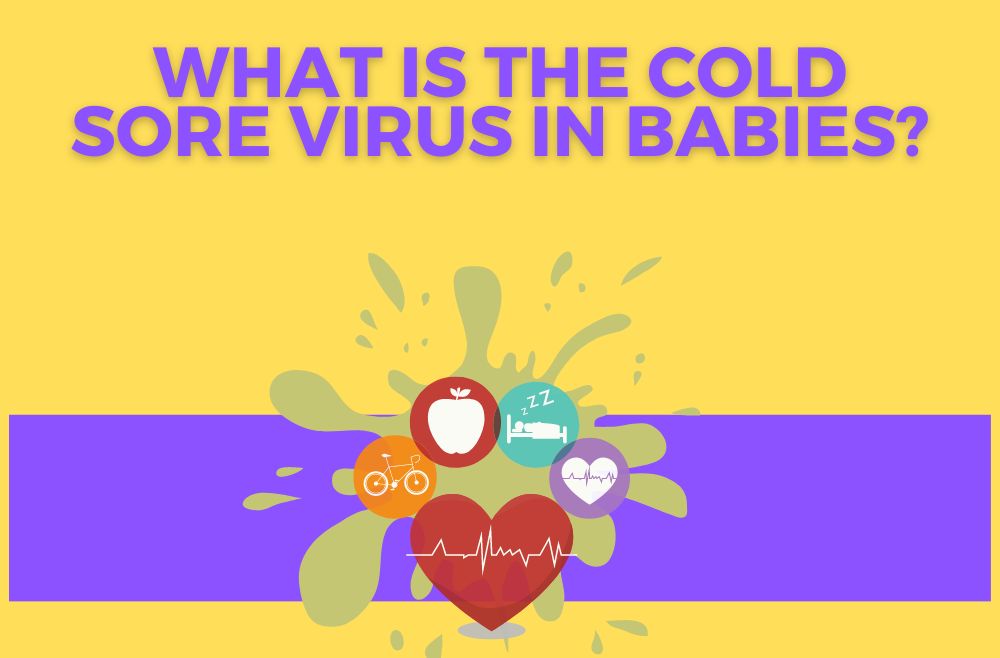The innocent smile of a baby is often the symbol of purity, joy, and hope. Yet when that same smile is marred by painful cold sores, it can be heartbreaking for parents.
The cold sore virus in babies is caused by the same virus adults get, but it affects them differently and requires specific treatments.
By understanding what this virus is, its symptoms, causes, diagnosis, and treatment as well as prevention strategies you can protect your baby from discomfort.
Key Takeaways
- The cold sore virus in babies is caused by the herpes simplex virus (HSV) and is usually transmitted through direct contact with affected skin, saliva, or fluid from blisters.
- Risk factors for cold sores in babies include weakened immune systems, exposure to infected adults, and poor oral hygiene.
- Symptoms of the cold sore virus in babies may include fever, fatigue, and blisters around the mouth.
- Preventive measures such as practicing good hygiene, avoiding contact with individuals who have cold sores or fever, and providing sun protection can help reduce the risk of transmission and protect the baby’s health.
What Is the Cold Sore Virus
The cold sore virus is a contagious infection caused by the herpes simplex virus. It’s usually spread through direct contact with affected skin, saliva, or fluid from blisters. It can also be transmitted through contaminated objects such as towels and utensils.
In babies, the risk factors for cold sores include weakened immune systems and exposure to infected adults. Symptoms of cold sores in infants may include fever, irritability, exhaustion, and fluid-filled blisters around their mouth or other areas of the body.
Treatment options for babies with this condition include antiviral medications that are applied directly to the affected area or taken orally. With proper treatment and precautionary measures in place, most babies recover from a cold sore infection without complications.
Symptoms of Cold Sore Virus in Babies
Symptoms of this infection in infants may include fever, fatigue, and blisters around the mouth. Risk factors for cold sores in babies can be related to the mother having a history of cold sores or herpes simplex virus (HSV), along with other viral infections. Poor oral hygiene can also increase the risk of a baby contracting HSV. In general, signs and symptoms may include:
| Signs & Symptoms | Frequency | Intensity |
|---|---|---|
| Fever | Occasional | Low-grade |
| Fatigue | Often | Mild-Moderate |
| Blisters Around the Mouth | Seldom | Moderate – High pain levels when present |
If your baby exhibits any of these symptoms it is important to contact your healthcare provider right away for an accurate diagnosis and treatment plan. Proper oral hygiene practices are essential in helping reduce the risk of HSV infection in infants.
Causes of Cold Sore Virus in Babies
The primary cause of this infection in infants is linked to the mother having a history of HSV. There are several other factors that can contribute to an infant becoming infected with the cold sore virus, including:
- Poor oral hygiene, which allows HSV-1 to be transmitted from saliva during kissing or sharing utensils;
- A weakened immune system in the baby, due to illness or stress;
- A baby being exposed to contagious cold sores either through contact with another person who has them or by coming into contact with an object that has been contaminated; and
- The Herpes Simplex Virus (HSV) being passed on from the mother during childbirth if she has an active outbreak at that time.
It is important for pregnant women to get regular medical check-ups in order to detect any signs of HSV and take appropriate measures for prevention and treatment. Proper oral hygiene is also essential in preventing transmission from one person to another, as well as strengthening a baby’s immune system so it can fight off any potential viral infections.
Diagnosis and Treatment of Cold Sore Virus in Babies
Diagnosing and treating a baby with the HSV infection can be challenging. It is often difficult to distinguish between cold sores and other illnesses. To identify the virus, your doctor will likely perform an exam of your baby’s mouth and check for any risk factors associated with HSV transmission.
If the diagnosis is confirmed, antiviral medications may be prescribed to reduce the symptoms and prevent further spread of the virus. In addition, you should practice good hygiene habits such as frequent hand washing to help reduce transmission of the virus.
It is important to note that since cold sores are highly contagious, it is best to keep your baby away from people who have active lesions or are known carriers of HSV. With proper care and treatment, most babies recover quickly from a cold sore outbreak.

Download The Free Guide: Natural Herpes Remedies
This is a breakthrough report on the latest herpes research.
Scientific studies reveal breakthrough solutions for thousands of people who are suffering from herpes. What’s even more incredible is these remedies are all natural and effective.
Prevention of Cold Sore Virus in Babies
Preventing the spread of HSV in infants is essential to keep them healthy. To do this, follow these safety precautions:
- Practice safe sleep habits with your baby, such as sharing a smoke-free environment and not allowing anyone who has a cold sore or fever to touch them.
- Provide sun protection for your infant (hats, sunscreen, avoiding midday sun).
- Wash hands before and after contact with the baby, in addition to regular diaper changes.
- Do not share pacifiers or other items that may come into contact with saliva from infected persons.
Following these guidelines should help prevent the spread of this virus and keep your baby safe and healthy.
What’s Next?
Babies can be vulnerable to the cold sore virus, but with proper prevention and prompt treatment, you can help your little one stay healthy.
For instance, it’s important to keep your baby away from any direct contact with an infected person and ensure their environment is clean.
Additionally, if you notice any symptoms of cold sores in your baby, don’t hesitate to take them to see a doctor right away—it’s better to be safe than sorry!
Just think of it like building a wall around your beloved little one—protecting them from all the germs that may want to come their way.

